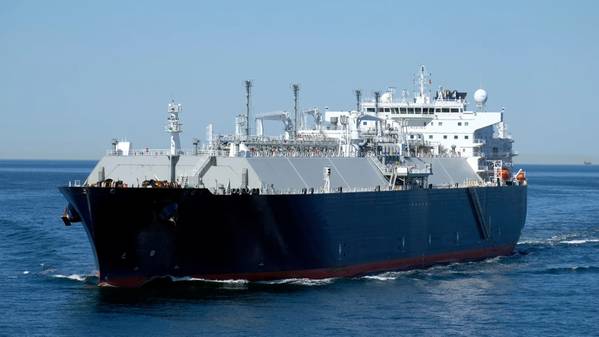
Freeport LNG, the second-largest U.S. liquefied natural gas exporter, on Monday said it had completed repairs to its Texas plant and asked U.S. regulators for permission to take early steps to restart the fire-idled facility.
The closely-held liquified natural gas (LNG) company's export facility was knocked offline by a fiery blast on June 8 and barred from resuming production until federal regulators completed an extensive safety review and approved resulting changes.
Freeport LNG sought permission to begin introducing LNG into the plant's piping system, according to a filing released on Monday with the U.S Federal Energy Regulatory Commission (FERC). "Subsequent approvals would be necessary" to fully return the liquefaction trains to service, it wrote.
A spokesperson confirmed the request but declined further comment.
U.S. natural gas futures NGc1 jumped as much as 9% to $3.46 per million British thermal units, adding to an earlier gain on forecasts for colder weather. On Friday, futures closed at the lowest price since June, 2021.
The facility draws around 2.1 billion cubic feet per day (bcfd) of gas when operating at full power.
"The Freeport news explains the late price rally. In this business, folks buy first and ask questions later," said John Kilduff, a partner at Again Capital LLC in New York.
The company sought approval "to commence cool down of its Loop 1 transfer piping and reinstate the facility's boil off gas management compressors and associated piping," the filing said.
The procedure, which would take about 11 days, would be a first step to returning the 15-million-tonne-per-year export facility to normal operations after a seven-month outage. Freeport asked for a response to its request by Jan. 24.
An approval would allow the "introduction of LNG into the piping systems to allow the piping to cool down to cryogenic temperatures necessary for circulation of LNG within the Loop 1 piping system and to transfer LNG to Dock 1 of the export facility," Freeport said.
The outage forced big customers including JERA and Osaka Gas to book hundreds of millions of dollars of losses. Its other big offtakers include BP, TotalEnergies and SK E&S.
(Reuters - Reporting by Scott DiSavino; Editing by Nick Zieminski, Paul Simao and Bill Berkrot)




